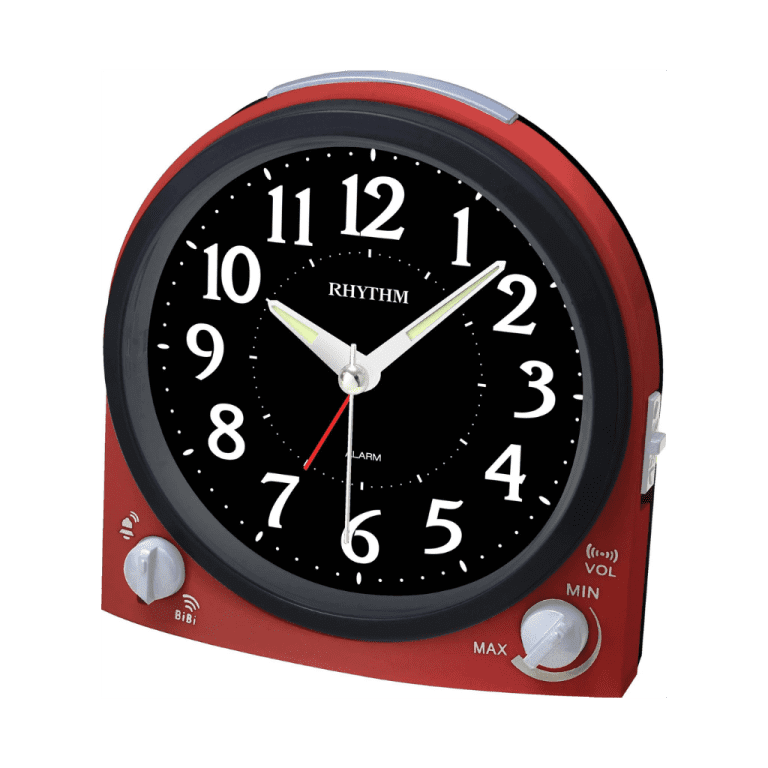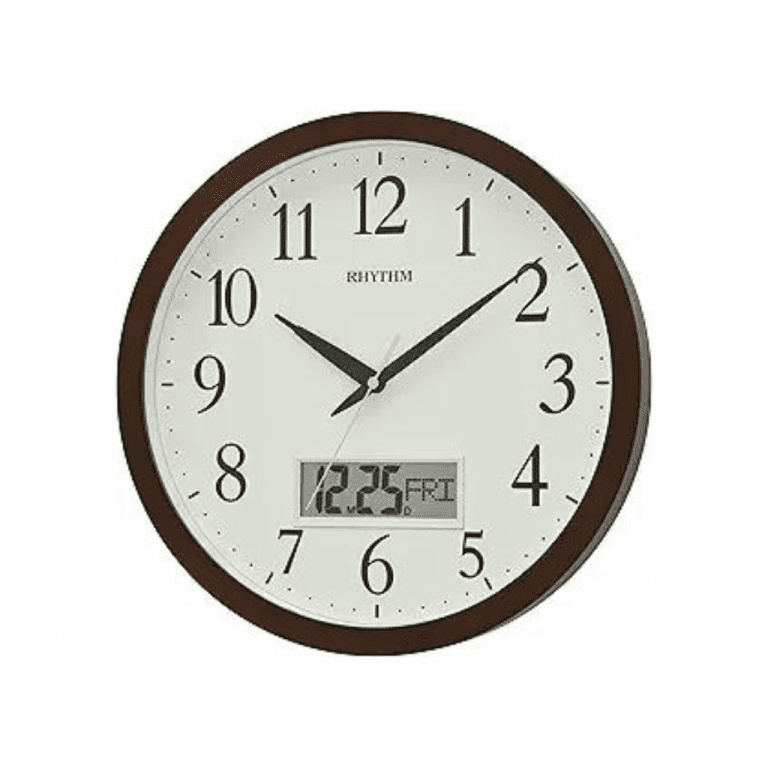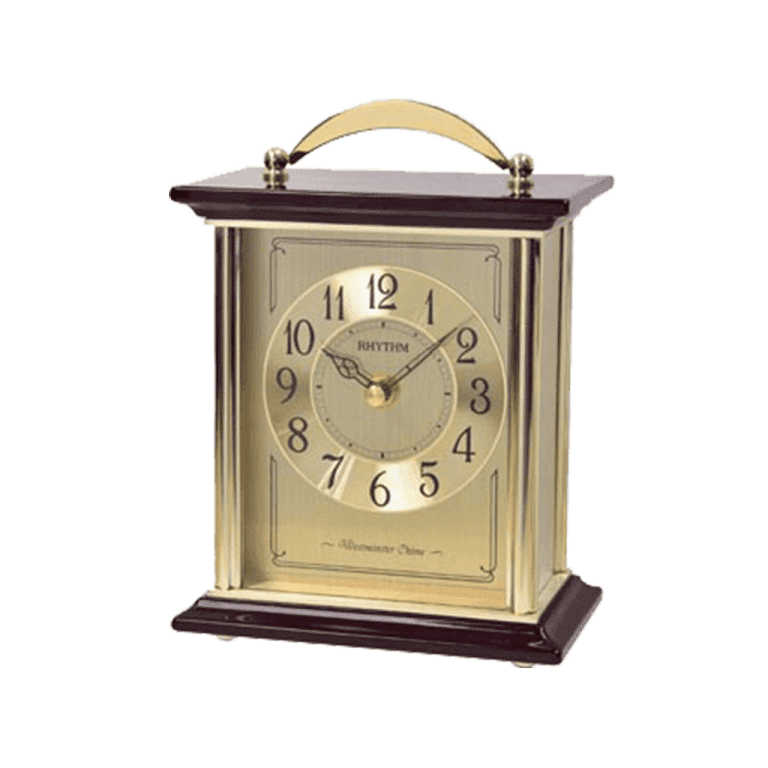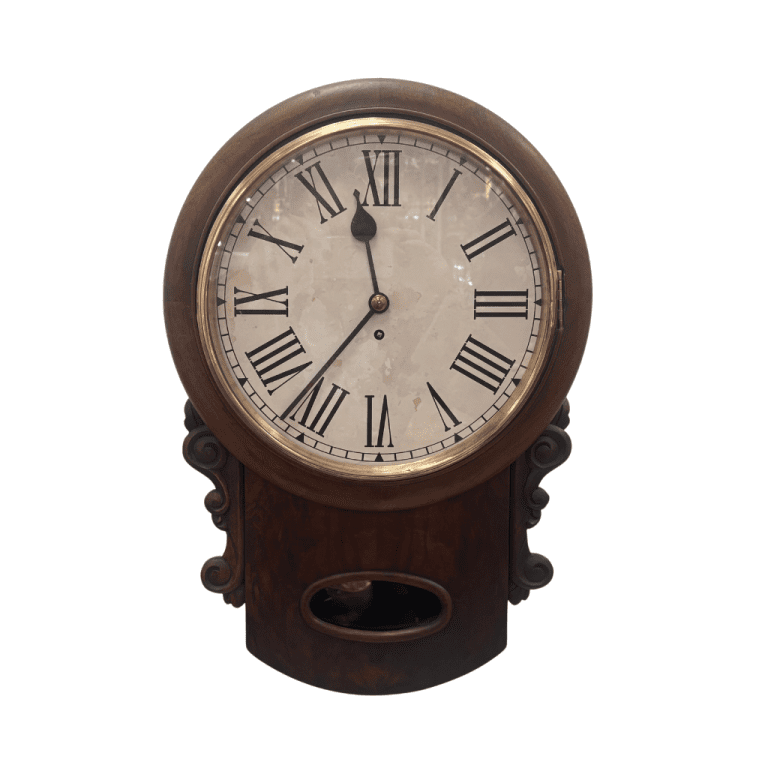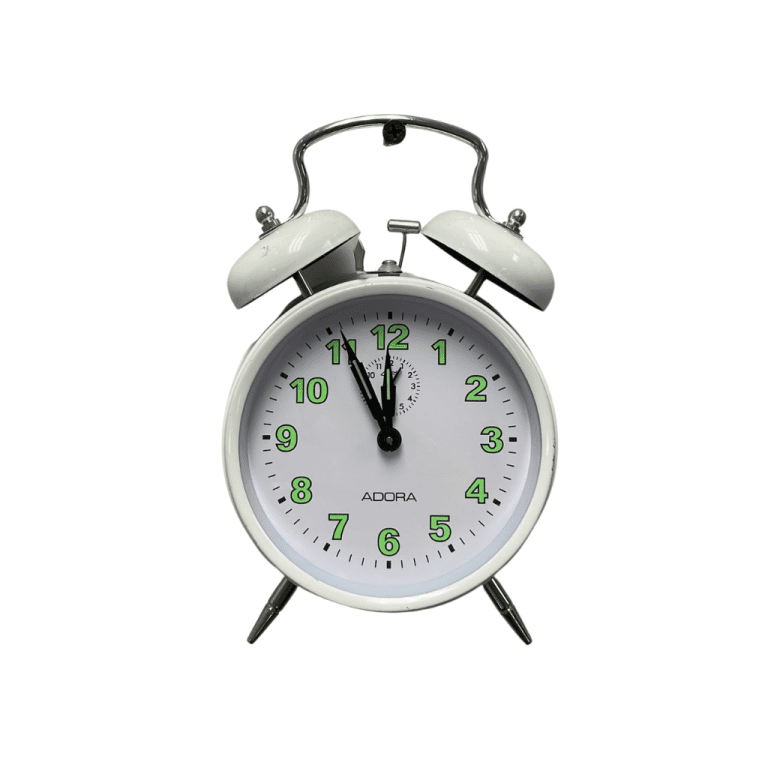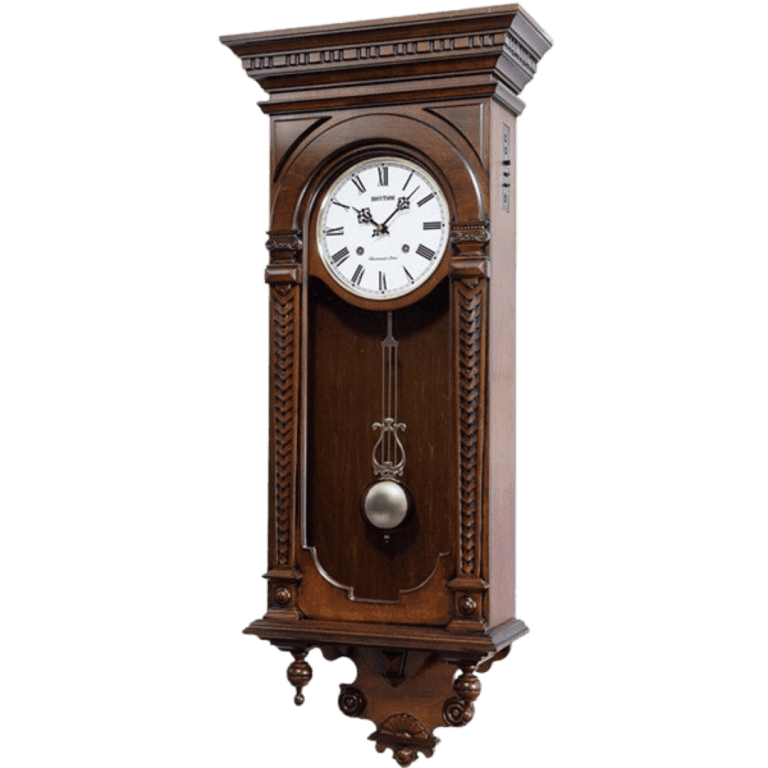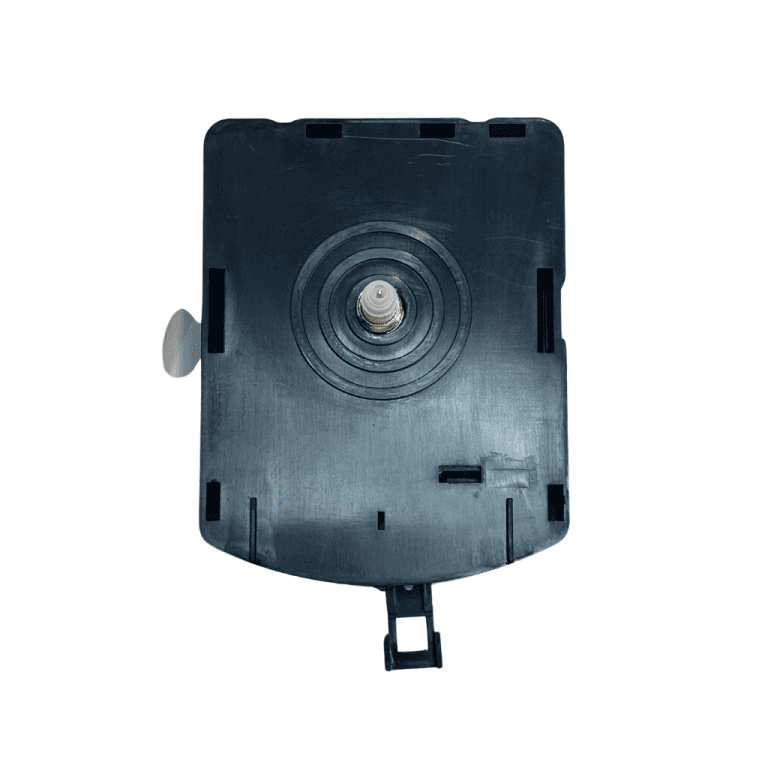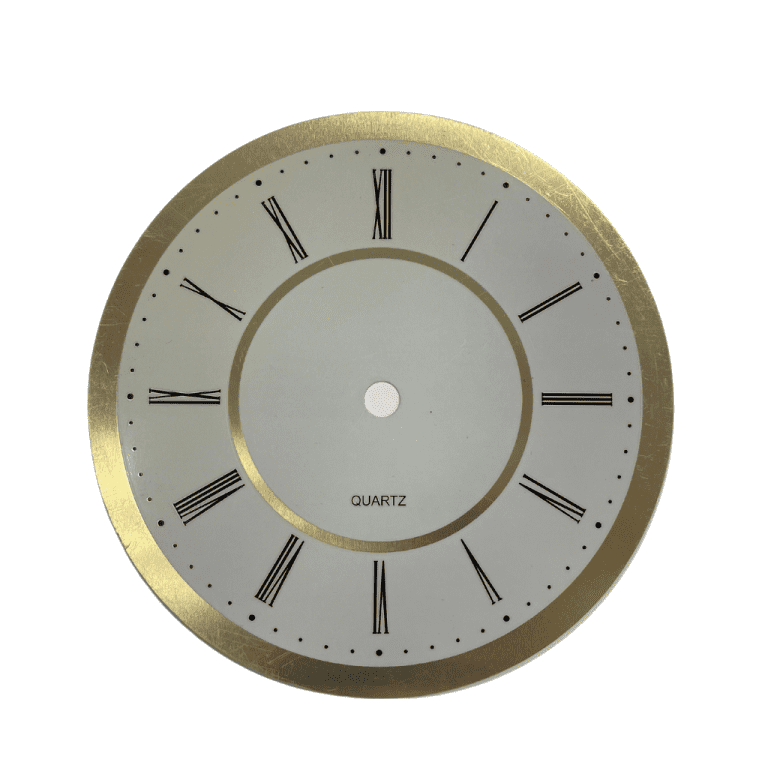Should you use an alarm clock to wake up from sleep in the morning? Could using an alarm clock actually be harmful and contribute to sleep deprivation? It may seem hard to believe, but your alarm clock actually promotes unhealthy sleep habits. Following good sleep hygiene guidelines and making a few simple changes to your schedule may make that rude awakening a thing of the past.
Do You Need an Alarm Clock?
Alarm clocks are a modern nuisance. We use them to get us up in the morning, and they are supremely effective. Unfortunately, they will get us up regardless of how much sleep we have gotten, and whether or not we are fully rested. Moreover, if we are sleeping with someone else or if we have children, we may have our sleep disrupted more than once during those early hours.
Ideally, you would be able to sleep as much as you need to. Each individual seems to require an average amount of sleep to feel rested, which may vary across your lifetime, and certainly is different from person to person. A simple experiment can determine how much sleep you need: allow yourself to sleep until you naturally wake up for several nights and calculate the average number of hours. If you have adequately met your sleep needs, you should feel alert and refreshed when you wake up.
If we don’t get enough sleep, we may feel groggy, disoriented, and unrefreshed upon awakening, a concept called sleep inertia.1 If you get less sleep than you need, especially on a regular basis, you can feel sleep deprived with symptoms of daytime sleepiness, cognitive impairment, slower reflexes, and other health consequences like weight gain and diabetes.2 It is important to treat any sleep disorders, like sleep apnea, as these can undermine the quality of sleep.
Consider Various Alarm Clock Types
There are a handful of alarm clock types to consider:
- Traditional Wind-Up Alarm: The oldest alarm clock required winding to prime the gears with a chime and bell on top. Largely replaced by modern types, this may still be a favorite among traditionalists. It could also add a little style to your nightstand.
- Digital Alarm: Most alarm clocks are now of the digital variety. The bells and whistles are more elaborate. It is possible to set multiple alarms. You may wake to a buzzer, radio, or your favorite music. The snooze may be the most enjoyed feature, allowing for additional periods of sleep (often in 9-minute increments).
- Smartphone Alarm: With the advent of the smartphone, many people now rely on their phones to wake them. This may be desirable for ease, but be careful about bringing a disruptive device into the bedroom. Phone calls, text messages, and the alluring assembly of apps (Facebook, Twitter, Instagram, Snapchat, games, etc.) may make it hard to put down. Be sure to put it in sleep mode so all of those alerts and notifications don’t disrupt your sleep.
- Sunrise Alarm: There are even alarm clocks designed to simulate a rising sun. With the integration of a lightbulb, the clock will increase the amount of light in your bedroom gradually. This can help to make waking easier, and may help to reinforce natural circadian rhythms that strengthen the patterns of sleep and wakefulness. Fortunately, a window without shades or blinds can achieve the same phenomenon.
How to Meet Your Sleep Needs Without an Alarm Clock
Most people have constraints on their time and must be up by a certain time. We can’t sleep in and be late to work or school. Therefore, how can we get the sleep we need and not have an alarm clock waking us?
It’s a matter of simple arithmetic. If you find that you need nine hours of sleep and that you must be up by 6 a.m. to get to work, then you have to go to bed at 9 p.m. at the latest. It sounds simple enough, but a key part of this is keeping a regular sleep schedule: going to bed and getting up at the same time every single day, including weekends. Your body likes to keep regular schedules as part of its natural circadian rhythm, and being synchronized with your natural rhythm facilitates your ability to get out of bed in the morning with ease, provided you have gotten your sleep needs met.3
Consistent Sleep Habits, Morning Sunlight May Help End Alarm Clock Use
Before smashing your alarm clock to bits, there are a few caveats to these guidelines. First, it is important that you properly determine and adhere to a schedule that meets your sleep needs. If you short yourself by not going to bed on time, you may oversleep without an alarm clock to help you. This requires a great deal of discipline, and most people will struggle going to bed at the same time daily, especially if it seems like an early hour.
However, by determining your sleep needs and meeting them daily, you’ll have healthier sleep. It can also be helpful to get morning sunlight upon awakening. If you are able to stick with it, you may just be able to rid yourself of that alarm clock.
Credited to: https://www.verywellhealth.com/





